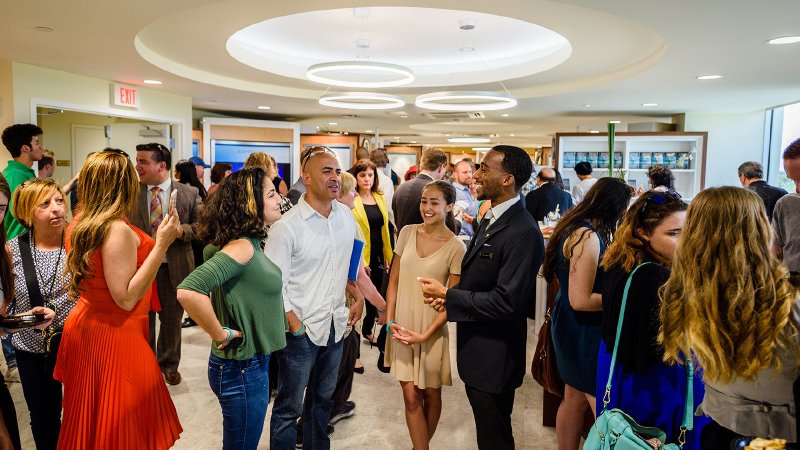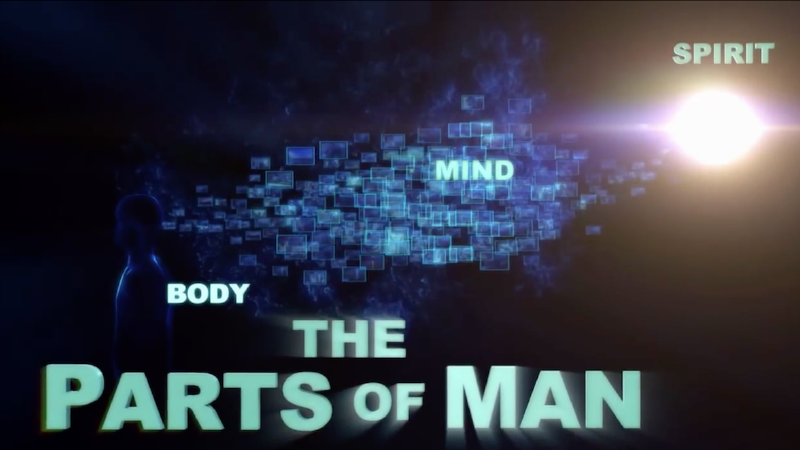
-
HOME
-
WHAT IS STANDOur Mission Our Values Our Help Contact
-
WHAT WE FIGHT FORReligious Freedom Religious Literacy Equality & Human Rights Inclusion & Respect Free Speech Responsible Journalism Corporate Accountability
-
RESOURCESExpert Studies Landmark Decisions White Papers FAQs David Miscavige Religious Freedom Resource Center Freedom of Religion & Human Rights Topic Index Priest-Penitent Privilege Islamophobia
-
HATE MONITORBiased Media Propagandists Hatemongers False Experts Hate Monitor Blog
-
NEWSROOMNews Media Watch Videos Blog
-
TAKE ACTIONCombat Hate & Discrimination Champion Freedom of Religion Demand Accountability
I’m “Secretive” About My Religion?
My religion has a lot that gets said about it in the media. But one of the most laughable and irksome myths about Scientology is this bizarre idea that it’s “secretive.”
Because I run a website about Scientology family life, and because I’m extremely open about being a Scientologist, I end up fielding questions on a regular basis from students doing research papers on Scientology. Some of them, I’ve found, ended up trawling through message boards looking around for former Scientologists to talk to because of some idea they got from the media that Scientologists won’t talk about their religion, or that it’s somehow “secretive.”

If you were someone who’s never met a Scientologist before, it’s pretty simple to see where you might get this idea. Doing an informal search through mainstream media outlets like CNN, Huffington Post and others, nearly every single article I found characterized Scientology as a “secretive” religion, but then promised some revelatory tidbit of information that could only be acquired from that particular “news” source.
See, these outlets have a massive vested interest in characterizing Scientology as “secret,” because then you have to tune in to their unresearched tabloid junk to “find out the secrets” that, in actuality, even the most timid grade-schooler could find out with the merest expenditure of effort.
You see, I’ve never seen any group anywhere that is more open and interested in sharing intimate details about their beliefs.
Let me give you a few recent and personal examples.
A college student recently asked me how I got into Scientology, and why. I answered and asked her if she’d find it helpful if I also had a few other Scientologists respond, just to give another perspective or two. I put the question to my circle of friends, expecting a handful of responses. I instead got nearly 30 in only an hour or two, each with a detailed story of how they became involved in Scientology and what they liked about it.
Go ahead and read them—they’re varied and interesting, and each from average Scientologists eager to open up about their religion.
I later on got another series of questions from another college student looking to do a paper on Scientology. Some of the questions she asked were pretty deep and the answers very personal, but even so, I had 10 of my friends (different ones, incidentally, than the ones above) over the course of a weekend answer her series of questions. And again, mind you, these are not shallow questions she was asking—she was asking about how recent media may have shaken the personal beliefs of Scientologists and things of that nature.

But if you could construe these people and their behavior as “secretive,” then I have no idea what that word even means anymore.
It’s only been 63 years since the formation of the first Church of Scientology, and so, as a new religion, members of my church have to contend with the fact that—of course—there will be a percentage of people who don’t know what Scientology is. We all understand this, and as a result make it a normal part of our lives to answer questions that are aimed our way, in an attempt to foster a better understanding of who we are and what we believe.
Tabloids and media outlets need to somehow convince all of you that the only way you’ll “find out the truth” about anything is to watch their advertisement-riddled shows and read their editorially skewed articles, and thus become enlightened on the “secrets” of the world.
The Church of Scientology International itself is also constantly involved in finding new ways to make it plainer, clearer and more accessible to anyone of any language—whether or not you’re close to a Church of Scientology—to find out what we’re all about. We make videos, we take out ads—heck, church parishioners even participated in a massive donation campaign to get copies of all the books of Scientology into every public and university library in the United States, and in a healthy percentage of libraries across the world.
But even still, tabloids and media outlets need to somehow convince all of you that the only way you’ll “find out the truth” about anything is to watch their advertisement-riddled shows and read their editorially skewed articles, and thus become enlightened on the “secrets” of the world.
Just remember what the point of a newspaper is in the first place—to allow you to find out, secondhand, about things you’re unable to observe firsthand. In this case, finding out every last secret you ever wanted to know is only a matter of walking into a church, or just asking a Scientologist yourself. And we’d all be happy if you did.









